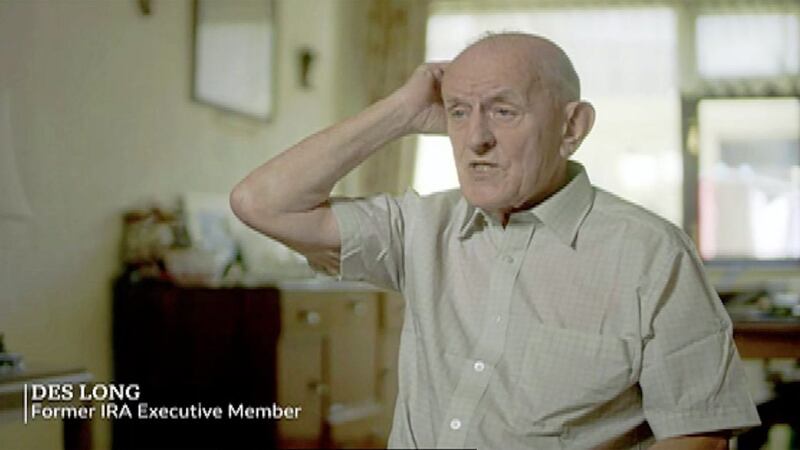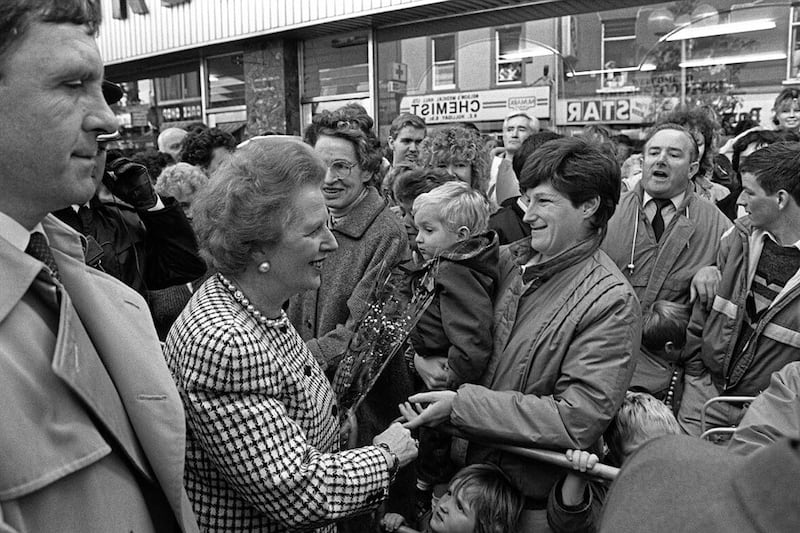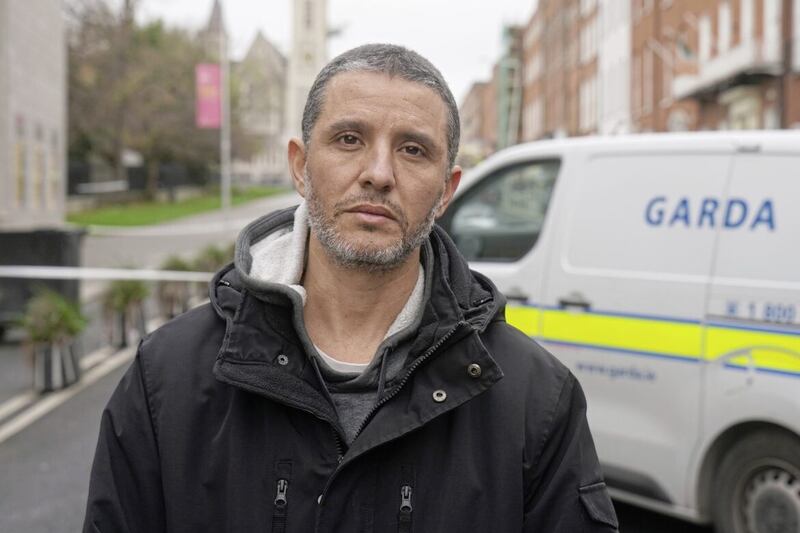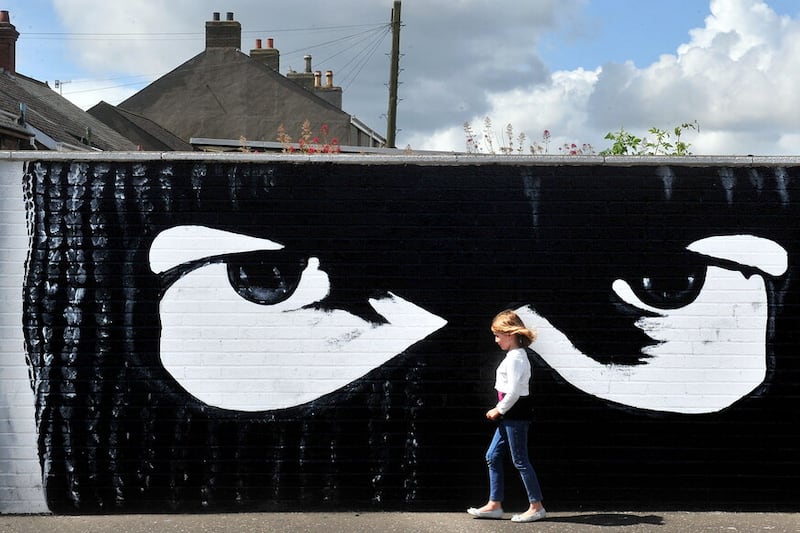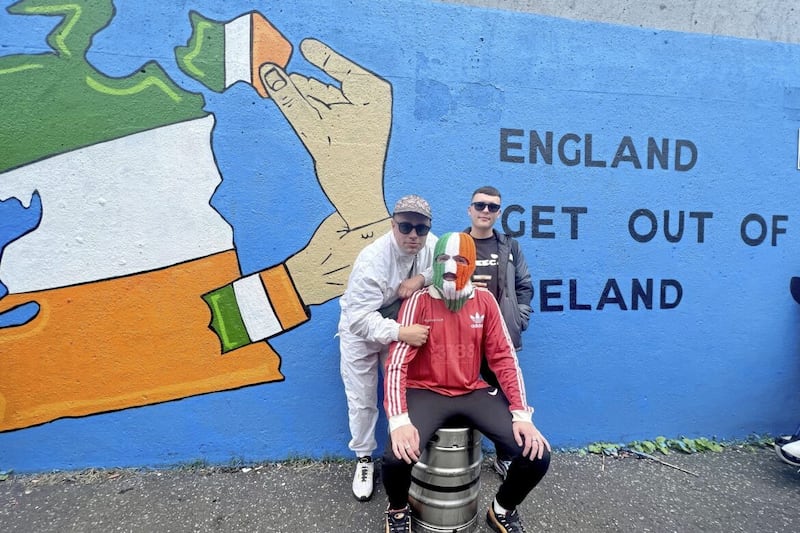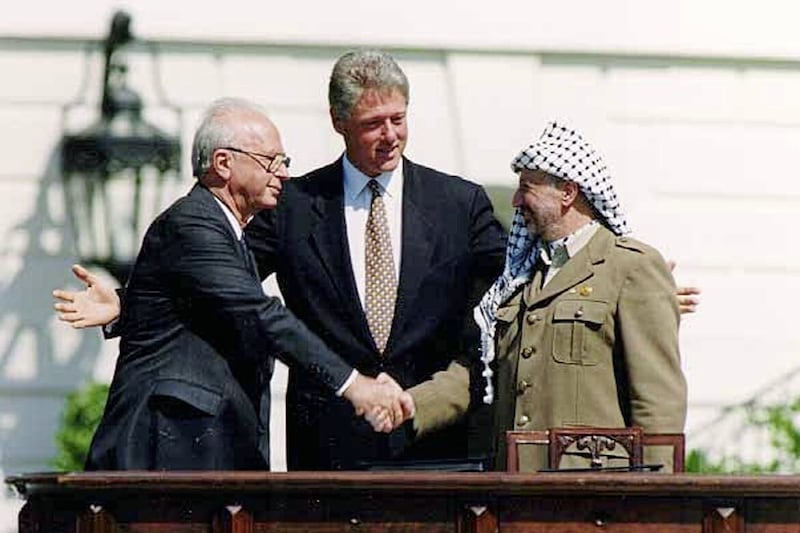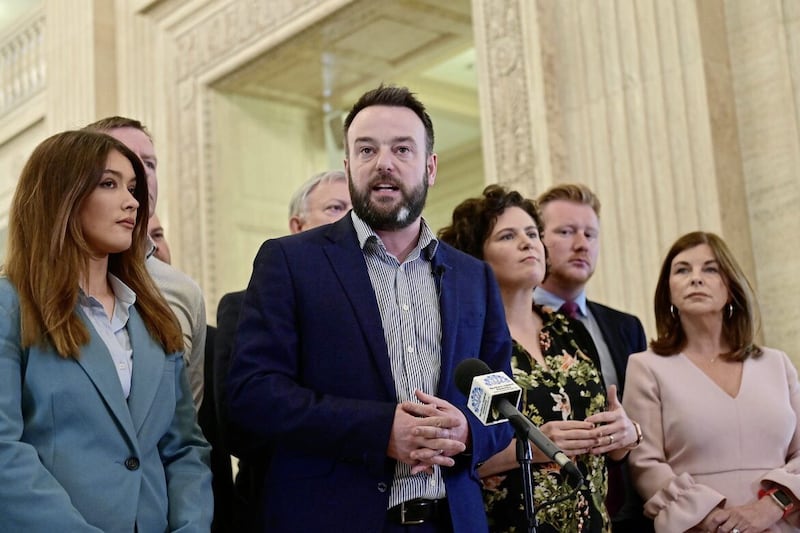Watching the BBC Spotlight programme last week my stomach churned. I had blanked from my schoolboy and college memories just how savage, sick and sectarian Northern Ireland had become by the 1970s and 80s.
Family life cocooned me and many others from the realities and harshness of it all.
Parents tried to keep a semblance of normality, shopping for birthdays and Christmases, whilst running the gauntlet of stop and search and the randomness of incendiary devices.
Watching the BBC Spotlight last week was like reliving nightmares.
I was glued to the screen both in fascination and ghoulish interest.
It reminded me of horror movies as a child, when I pleaded to stay up but hid behind the couch or covered my eyes during the gory bits.
The bad times then were trivialised - after all we called them the Troubles.
But it was more than that. It was a war. A terrorist's war. A securocrat's war. A sectarian war. Ordinary people were nothing more than collateral damage or cannon fodder. Pawns caught in a war of attrition.
In writing this column I tried to remember my earliest memory of the so called Troubles. Three such memories came to mind.
I recalled going home from my granny's house when a bomb went off and a man threw me and himself to the ground. I was not sure what happened but I remember getting up and walking home as if nothing happened but it did.
A second memory is of heading towards our estate after school and the IRA were shooting at the British army. As we approached the bottom of the hill I remember a soldier saying to his sergeant, ‘Let them pass - they won’t shoot one of their own’. How wrong that hypothesis would prove for others.
And the third dark memory I am less clear about the circumstances but it was of a girl who had been tarred and feathered, probably for dating a British soldier. I guess she was fortunate as others ended up in roadside binliners or were disappeared. That I took such things in my stride says much of the era.
These days there is a lot of middle class nationalist guff and commentary pontificating about the Troubles, something which they watched at a distance through emerald tinged glasses. These types were about as close to a moon landing as the tears which were being shed in local communities. These people read about what was happening.
There was not much insulation in council estates. Nor was there glamour.
Though life could be colourful mainly through the characters who lived close by. These days it's more corner-boys than characters.
Which brings me back to the Spotlight series.
It’s bringing to the fore all those ghouls and monsters that we had mentally left behind. The Good Friday Agreement was Groundhog Day for those who achieved the Sunningdale Agreement. It also meant than tens of thousands of ordinary people between 1973 and 1998 were caught up in one meaningless atrocity after another. More years of senseless sectarian killings, more economic wars conducted mainly in places with no jobs, more young people being radicalised in prisons and more incendiary political fire stokers given free rein.
And this free rein to the protagonists was to whose advantage?
Paisley should have spent many years in jail not a token few months. The IRA now appears to have been so riddled with informers that its inner circle must have had more holes than a block of Emmental cheese. And as for loyalist paramilitaries - even today they are more about a criminality than a cause.
Spotlight has proven that war involved a heavy cost. Today we know that the price of peace wasn’t light either.
When the former IRA member got maudlin I remained cold. He asked what was it all for? Those who lay on marble slabs would ask the same question - if they had lived to speak.

